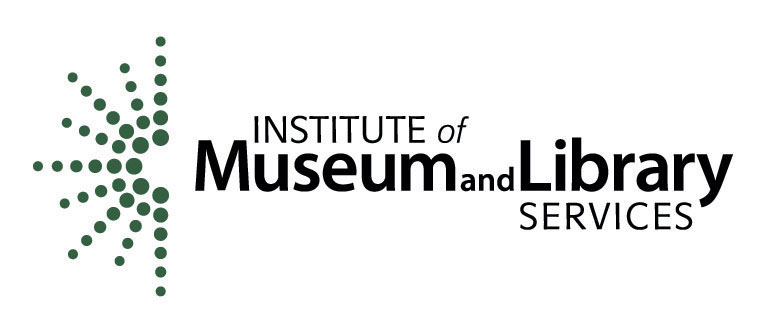Today’s researchers can explore and analyze scenarios and explore hypotheses more quickly than ever before as computation is now interwoven with science. The software, data, and platforms that are the part and parcel of such scientific endeavors can create efficiencies and foster rapid mutual progress when shared between scientists and information systems. Such promises of open data and interoperable systems have prompted many government agencies and funding bodies to mandate data sharing. However, as more and more scientific research is born digital utilizing complex computational resources that can simulate and analyze a dizzying array of possible scenarios, preserving and sharing research becomes an increasingly challenging effort. To reuse data, it is often necessary to have access to corresponding workflow, software, and complex computational environments that may have been custom built for a research project. Even with the most willing researchers, preparing such data for reuse can present a tremendous barrier to sharing. Depositing data can be quite labor intensive.
Research on counter-norms argues that more than goodwill is needed to shift practices to align more closely with reproducibility. As research is increasingly born digital inside complex workflows and archived in a heterogeneous manner, it becomes imperative to better plan tools that can foster and facilitate researchers and repositories to utilize best practices and standards to preserve their data, software, and methods for better interoperability and reuse. Today’s scientists and scientific data curators face a challenge to enhance reproducibility and enable more open sharing of reusable research data.
In this spirit, our project complements existing repository infrastructure, aims to more deeply integrate workflow and software preservation tools, and expands our own and/or our early committed participants’ previous work with an aim toward data preservation that facilitates scientific reuse and experimental reproducibility.

The Preservation Quality Tool (PresQT) project was made possible in part by the Institute of Museum and Library Services (IMLS), award numbers LG-72-16-0122-16 and LG-70-18-0082-18.
The Institute of Museum and Library Services is the primary source of federal support for the nation’s approximately 120,000 libraries and 35,000 museums. Our mission is to inspire libraries and museums to advance innovation, lifelong learning, and cultural and civic engagement. Our grant making, policy development, and research help libraries and museums deliver valuable services that make it possible for communities and individuals to thrive. To learn more, visit www.imls.gov and follow us on Facebook and Twitter.
The views, findings, conclusions or recommendations expressed in this website do not necessarily represent those of the Institute of Museum and Library Services.